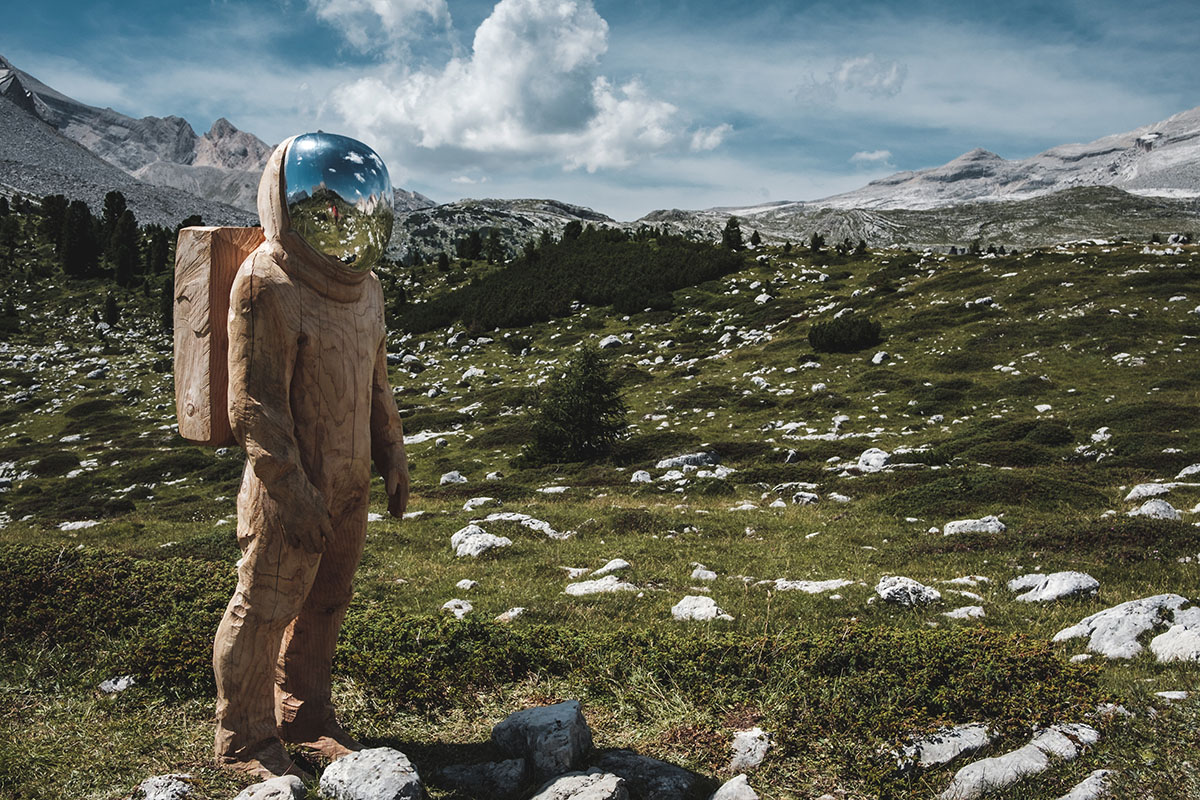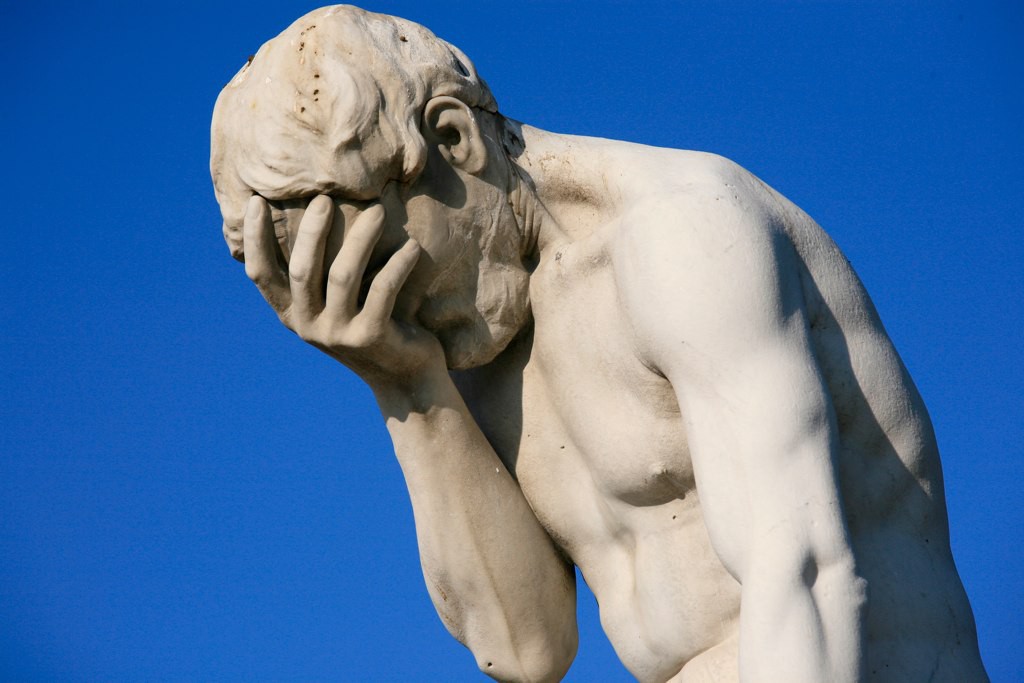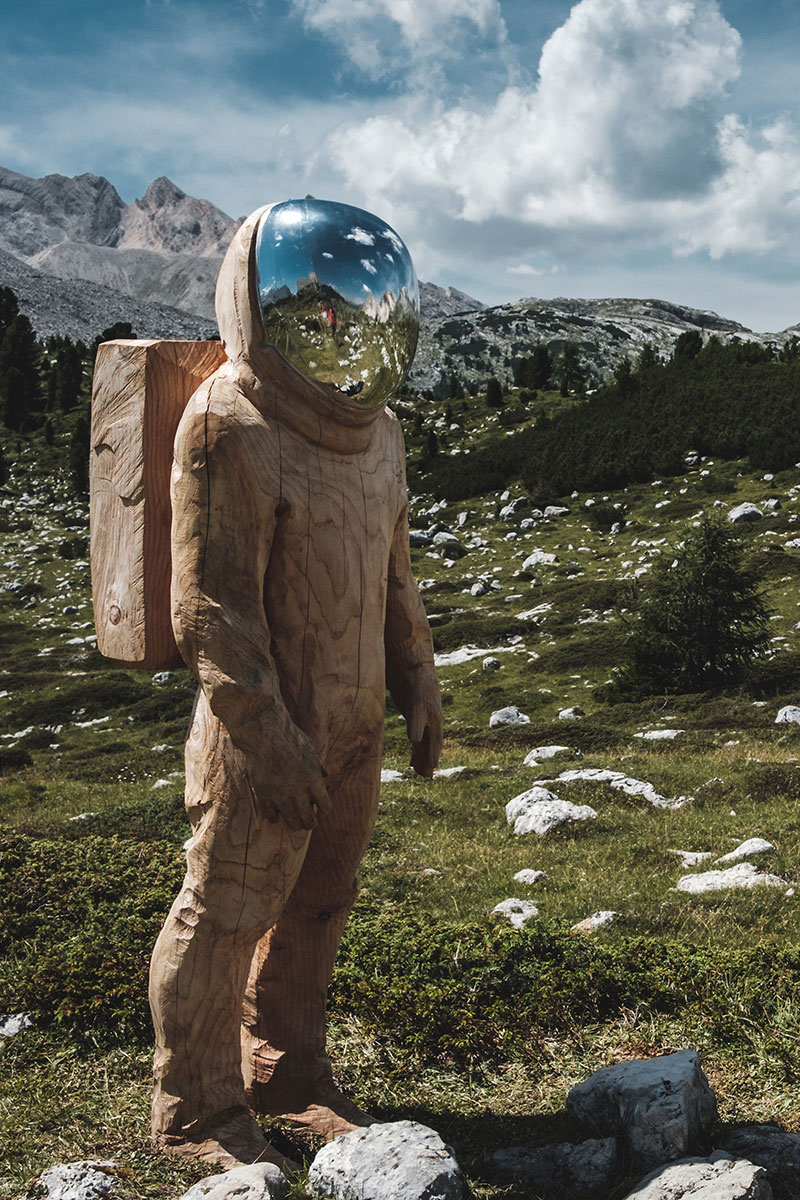
Sustainability. What a word, eh? Just look at it, all six of it’s magnificently uncomfortable syllables lined up in a row, begging to be used as frequently as possible in government, the corporate world or as shorthand for anyone who wishes to demonstrate how planetarily woke they are. Making potato peel crisps or porridge patties? That’s REAL LIFE sustainability happening right before your eyes.
In reality, sustainability is a bit dull, you can’t go out on date night for some sexy sustainability, or have a quiet Sunday relaxing on the sofa with some sustainability. It’s not a hobby or a team sport, you can’t get together with your pals on a Tuesday evening at the local leisure centre and play a few rounds of sustainability. Sustainability is like a beautiful butterfly, fluttering around, touching everything we see, yet, should we reach out to grasp it, it will evade our capture and bugger off to irritate some other poor soul.
In that respect, it’s as much fun as a heavy dose of existential anxiety. Are we living sustainably? To answer that apparently simple question, we need to understand what sustainability is, but no-one can tell you with absolute certainty, because it’s a slippery concept at the best of times.
We need a detective to help us out here, perhaps we can get Kojak to help… ooops, scrub that, we can’t have a hero who spends his days sucking on a high-sugar, ultra-processed lolly, what kind of example would that set? Sherlock Holmes? Too much smoking. Sarah Lund from The Killing, yes, she’ll do it, in a nice woolly sweater to boot, hopefully from a sustainable source. However someone needs to work out what a sustainable wool source is before we can decide.
Sarah, thank you for joining the team, “Hej”. I forgot you’re Danish, we’re gonna need subititles. Firstly, what kind of sustainable transport did you use to get here? “Of course I speak English, duh, first I’m going to research my sweater”. Ah, ok, we look forward to your findings.
The reason sustainability is so all-encompassing and overwhelmingly dreadful is that once we dig down into the nitty gritty of what it means to be sustainable, we discover that it covers everything, all aspects of life. Every single part of our living, breathing existence touches on sustainability in some way, which could explain the utter unmanageability of defining it.
You wake up in bed, are your sheets made from a sustainable material? What about your pyjamas? Curtains? Yawning, you feel the warmth of the room from the radiator, is the energy provider using a renewable source? You reach for your iPhone to turn off the alarm, then begin laughing uncontrollably at how a product like an iPhone could ever be sustainable, as you open Twitter. I would go on, but we’re still in bed and you probably get the idea by now.
Sustainability is such a huge word with such a vague definition that it almost becomes meaningless, it’s like describing the lovely shade of paint in your living room as being ‘colour’, it’s not specific enough to help anyone understand it. Ask a room full of people what they think sustainability is and you’ll see a lot of blank faces blinking like rabbits in the headlights. Meanwhile, anyone can apply the word to their business venture’s aims and sound completely right-on.
Take my daily, sustainable writing practice. Actually, if there’s one thing that’s totally unsustainable, it’s writing regularly without any creative blocks. If there are any writers that have sustained that, then I’d happily accredit you as a sustainable writer, as long as you’ve used a computer from a sustainable source. Boom.
Besides, sustainability is one of those words that will become useless ultimately, because whatever sustainability is, it is simply the belief that whatever we are doing can continue to be done in the future, which is a pre-requisite for the continued existence of the human race. Sustainability is our ability to survive. It’s more easily expressed in the negative; is what you are doing damaging anything? The answer to that, however, is as complex as you wish to make it.
Meanwhile, Sarah Lund is on the case and buried beneath a million and one books, research papers and articles on sustainability. She’s still working out whether her sweater is sustainable or not, and if she secures funding, she hopes to report her findings three years from now, in Autumn 2021.
Then the real work can start.


